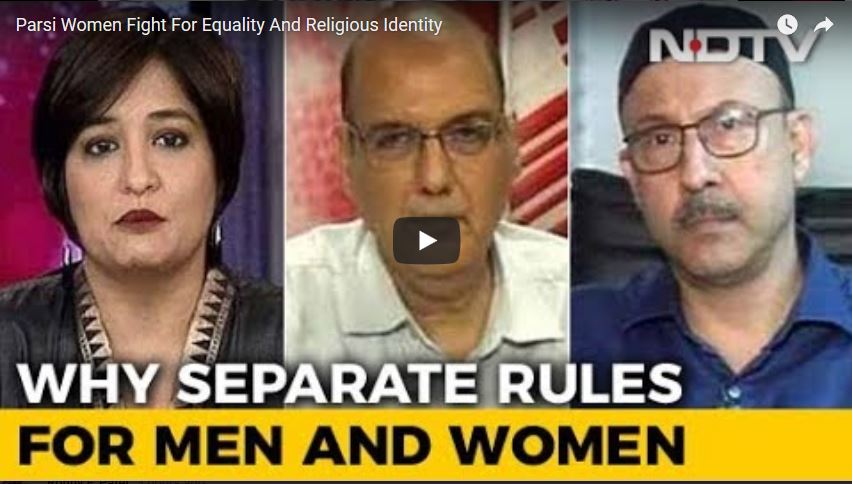Should a Parsi woman be deprived of her religious identity and community rights if she marries outside her own religion? The Supreme Court has referred the matter to a 5-judge constitution bench and said the recent verdict on instant triple talaq may have a bearing on this case too as it boils down to a fundamental question about women’s equality.
On The Buck Stops Here, meet the woman who has knocked on the Supreme Court’s door seeking freedom to enter Parsi religious places. Goolrookh Gupta was ostracised by her community after a Gujarat High Court ruling in 2012 that said she had ceased to be a Parsi when she married a Hindu man. It’s not just Goolrookh alone, many Parsi women don’t have the option of raising their children in the same religion once they’ve married outside the faith. The men, however, can do so with impunity and without facing the same problems.
As Parsi women in inter-faith marriages fight for equality in the eyes of religion and society, we ask a larger question – isn’t this about the right to equality? Why the discrimination? Why the separate rules for men and women?









